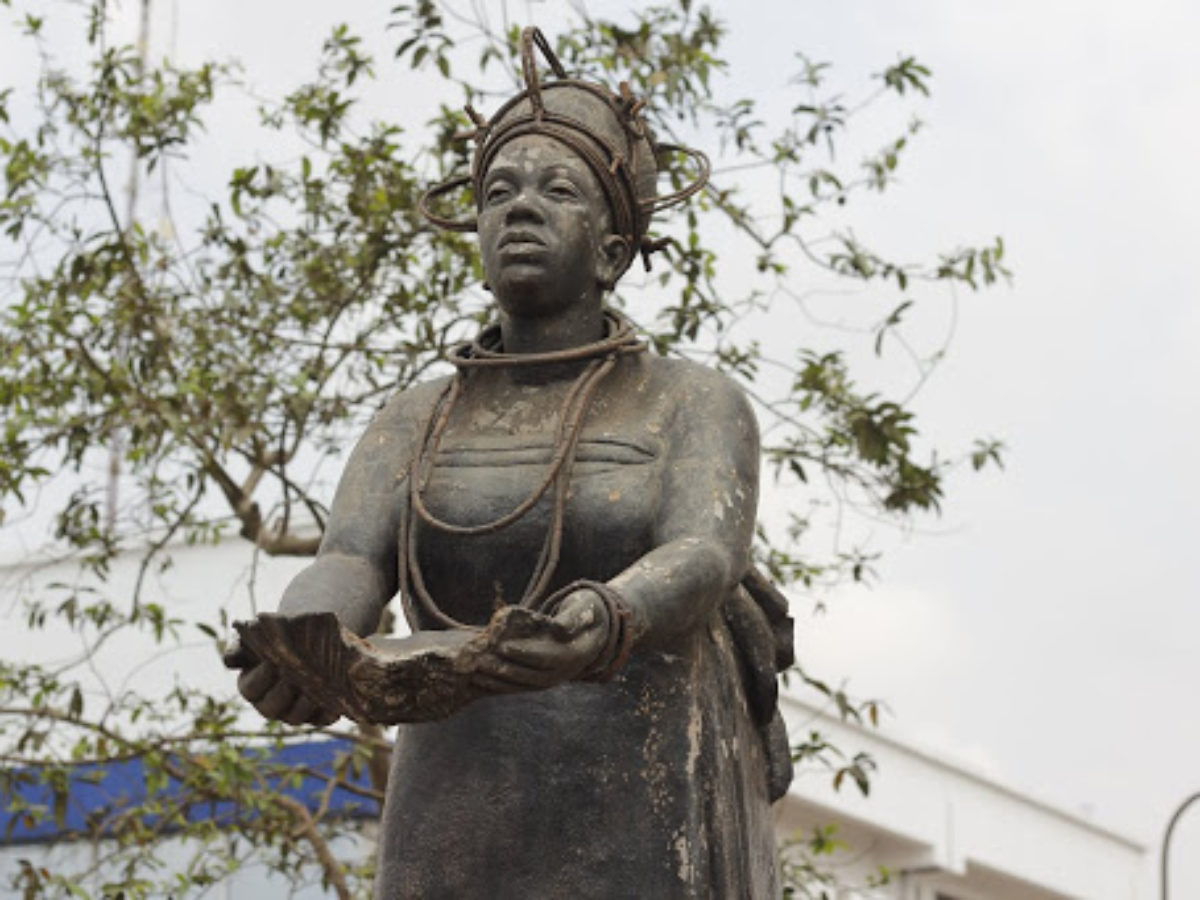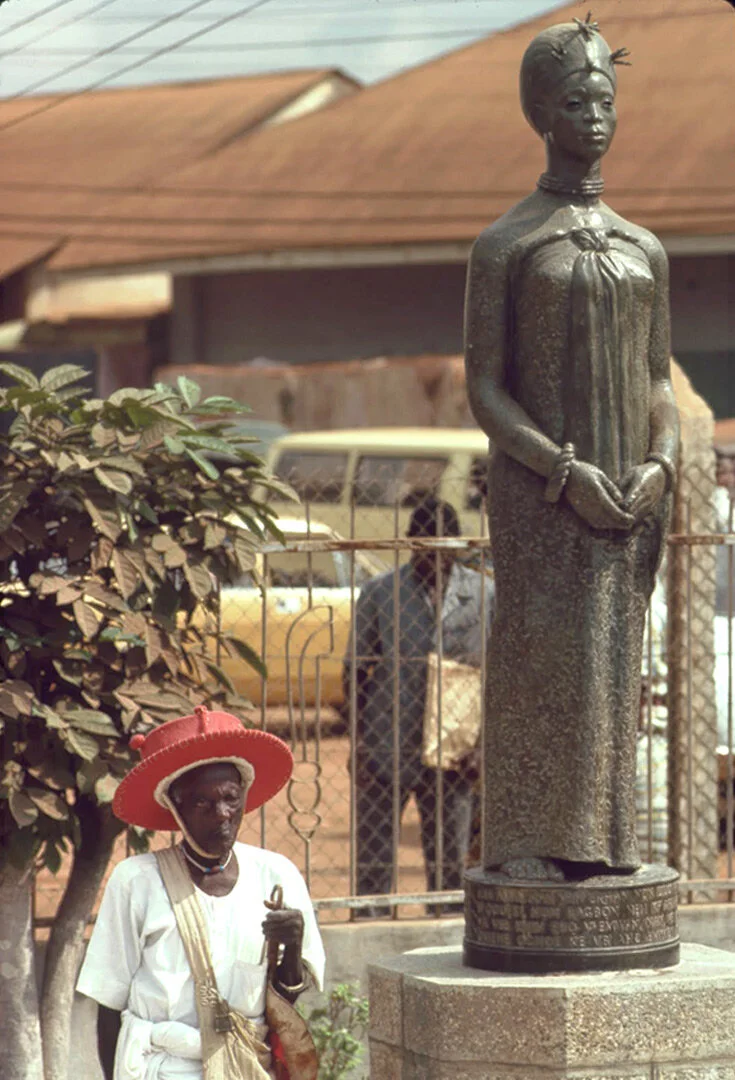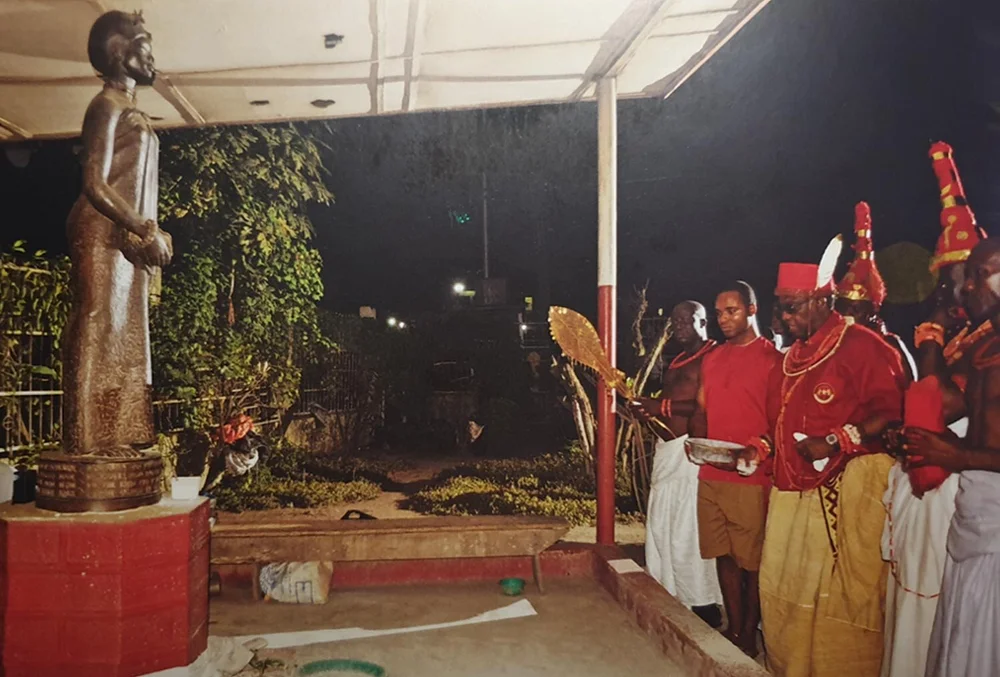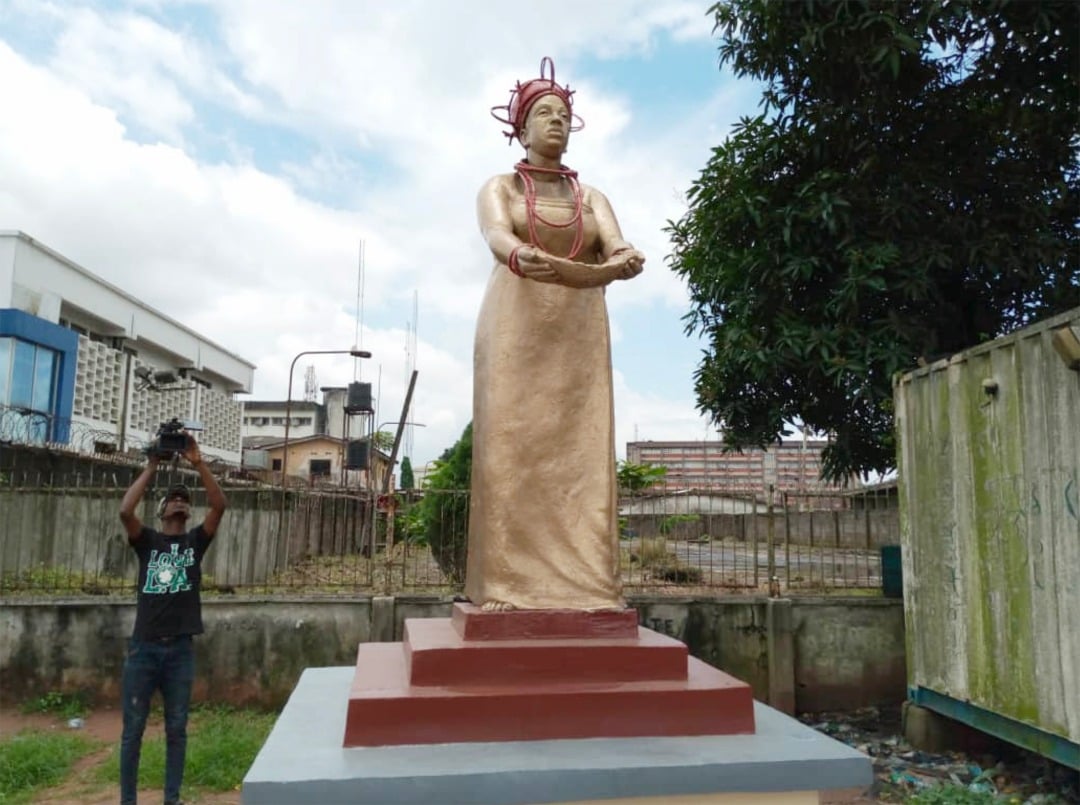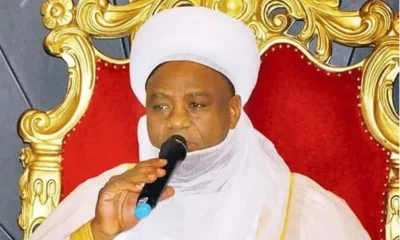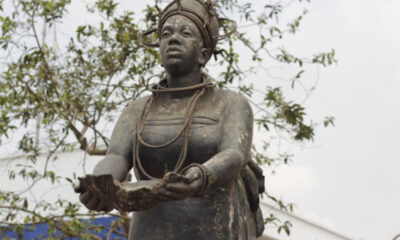Moji Olaiya was a beloved Nigerian actress whose radiant talent, versatility, and charm left an enduring mark on Nollywood, particularly in both Yoruba- and English-language films. Known for her emotional depth and graceful screen presence, she won the hearts of millions before her untimely passing in 2017.
Early Life and Background
Born on February 27, 1975, Moji Olaiya was the daughter of Victor Olaiya, the iconic Nigerian highlife maestro known for his timeless contributions to the country’s music history. Growing up in a creative household, Moji inherited her father’s artistic gifts—though she channeled hers through acting.
Rise to Fame
Moji began her professional acting journey with Wale Adenuga Productions, where she featured prominently in the hit TV drama series “Super Story.” Her role in the episode titled No Pains, No Gains catapulted her into national recognition, showcasing her ability to portray intense emotions with remarkable subtlety.
Her career expanded swiftly into full-length films, and she became one of the few actresses who successfully transitioned between English-speaking Nollywood and the Yoruba-language film sector, earning widespread acclaim in both.
Notable Works
Throughout her career, Moji starred in a long list of celebrated films, including:
“No Pains, No Gains” – Her breakout TV role that introduced her to a wider Nigerian audience.
“Sade Blade” – A memorable film where she delivered a powerful performance.
“Omo Iya Meta Leyi” – One of her standout Yoruba films, cementing her role as a leading lady in the industry.
“Nkan Adun,” “Kosorogun,” and “Iya Okomi” – Among several others that displayed her range and cultural connection.
Her portrayals often tackled issues of family, betrayal, love, societal pressure, and spirituality, with a delivery that felt deeply personal and real to many viewers.
Personal Life and Character
Moji Olaiya was known off-screen for her gentle demeanor, professionalism, and quiet strength. She converted to Islam in her later years and often spoke about her spiritual growth and personal transformation.
Though she faced challenges in her marriage, Moji remained focused on her career and was admired for maintaining grace under pressure. She gave birth to her second daughter in March 2017, just months before her sudden death.
Tragic Death and Controversy
On May 17, 2017, Moji Olaiya passed away at the age of 42, reportedly due to cardiac arrest in Canada, where she had recently delivered her newborn daughter. Her death shocked fans, colleagues, and the Nollywood community, who mourned the loss of such a vibrant and talented star.
Her burial was not without controversy. A public outcry arose over the sale of commemorative T-shirts as a means of fundraising for her funeral, with many criticizing the commercialization of the mourning process. This sparked broader conversations about funeral culture, celebrity deaths, and public grieving in Nigeria.
Legacy
Despite her untimely death, Moji Olaiya’s legacy in Nollywood remains profound. She was a trailblazer for young women in Yoruba cinema, admired not just for her beauty and skill, but for her discipline, humility, and commitment to her craft.
Her works continue to be watched and celebrated, especially by fans who remember her as a symbol of elegance, resilience, and cultural pride.
Moji Olaiya’s life and career may have been short-lived, but her impact was deeply felt. As the daughter of a music legend and a star in her own right, she bridged generations of Nigerian artistry. In her memory lives a body of work that reflects the richness of Yoruba culture, the strength of Nigerian women, and the enduring power of storytelling through film.
FOLLOW US ON:
FACEBOOK
TWITTER
PINTEREST
TIKTOK
YOUTUBE
LINKEDIN
TUMBLR
INSTAGRAM

 Lifestyle20 hours ago
Lifestyle20 hours ago
 Lifestyle20 hours ago
Lifestyle20 hours ago
 News17 hours ago
News17 hours ago
 News19 hours ago
News19 hours ago
 Crime18 hours ago
Crime18 hours ago
 Lifestyle2 hours ago
Lifestyle2 hours ago
 Lifestyle20 hours ago
Lifestyle20 hours ago
 Business2 hours ago
Business2 hours ago




